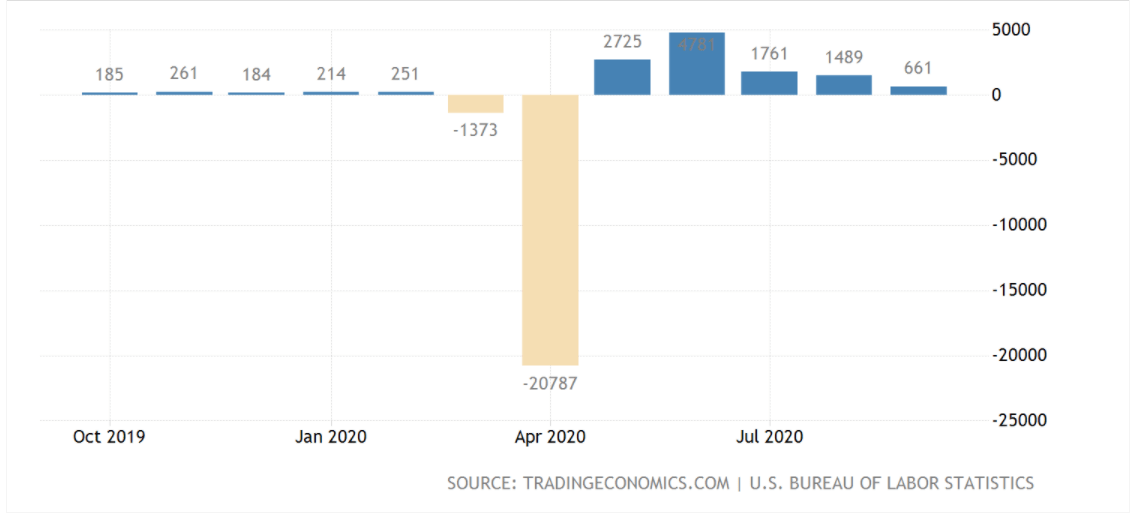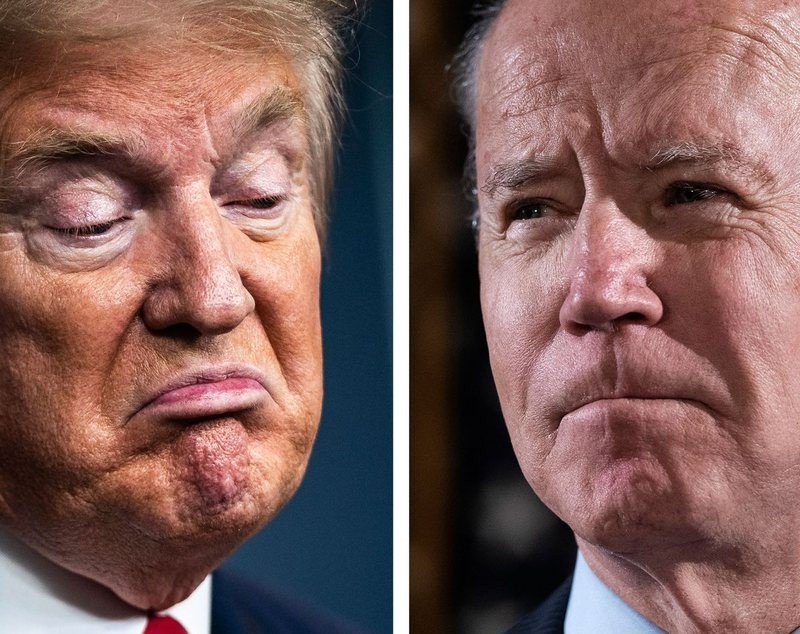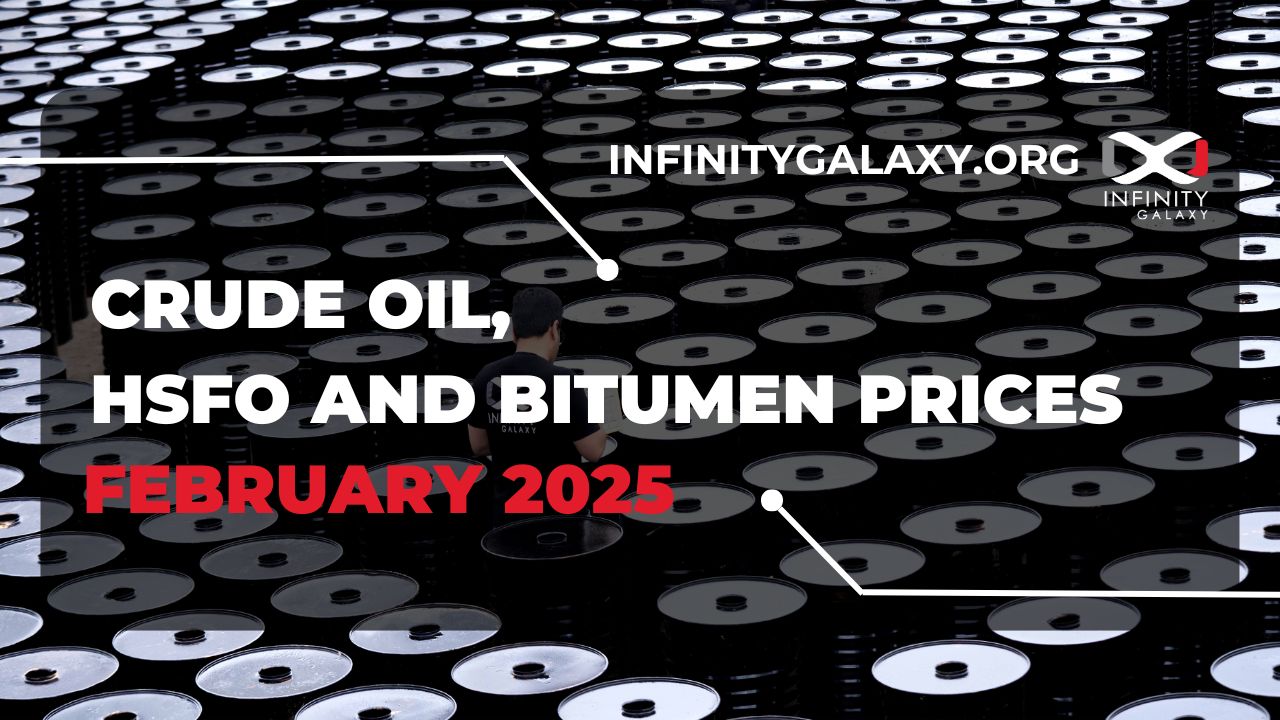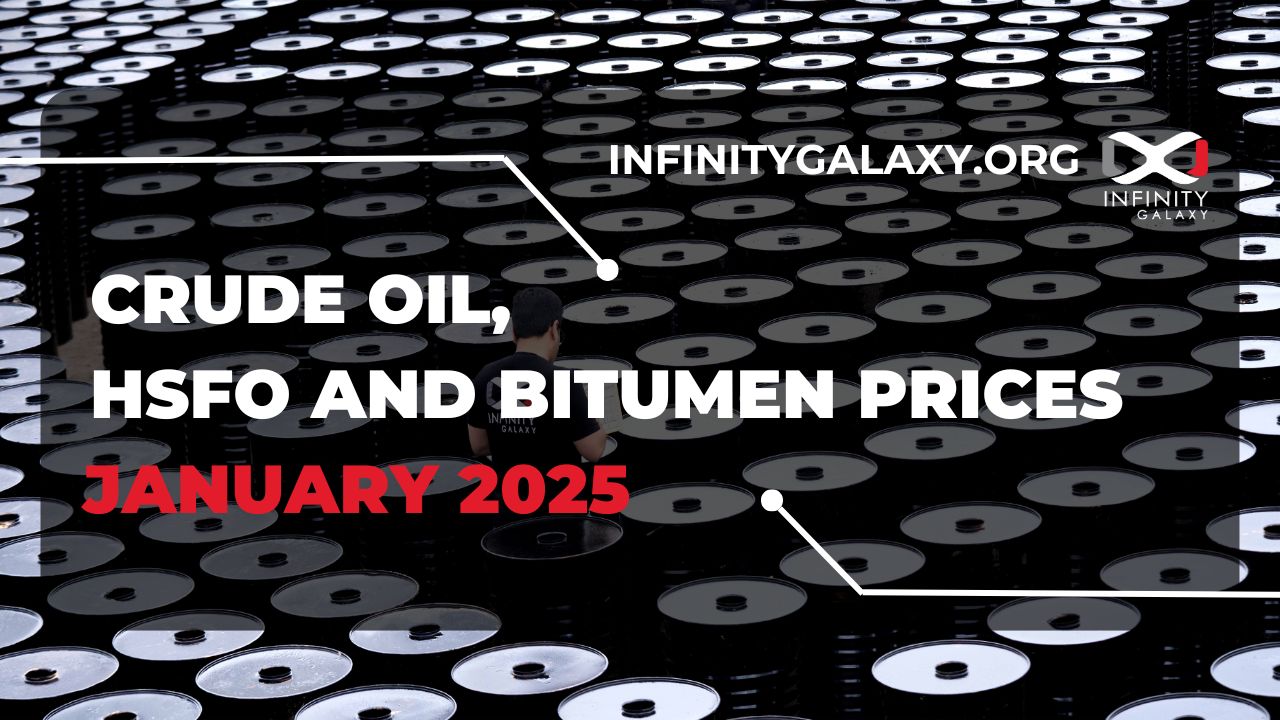Donald Trump vs. Joe Biden
The US economy is currently facing a difficult condition that it has not seen since 2008, the Great Depression. Due to the outbreak of the Coronavirus, America is experiencing a sudden increase in the unemployment rate and a fall in incomes.

Despite the economic growth over the past several years, in 2020 economic growth declined sharply. According to the BEA, in the second quarter of the year, GDP fell by 31.4%. Economic growth is also projected to decline by 8% in 2020. However, the United States is expected to see a sudden economic growth after the Corona Virus.
Accordingly, candidates’ economic plans exert considerable influence over the election result.
Here you can see some of the economic policies of Donald Trump (the Republican nominee) and Joe Biden (the Democratic nominee), in addition to their foreign policy toward Iran prepared by Infinity Galaxy:
Infrastructure
Trump is constantly emphasizing on “Together, we make America great again.” He has been striving to get the infrastructure bill. He has called for a second Coronavirus relief package worth nearly $ 2 trillion. Given the high value of the package and the dissatisfaction of Republican members, Trump will not have a chance to get it soon. He also did not provide much information on the funding policy.
Joe Biden has presented a 10-year infrastructure program worth $ 1.3 trillion. In this plan, he seeks net-zero emissions and improving America’s middle class life. He has promised on creating new job positions. He emphasizes on clean energy, investment in road constructions (new bridges, roads, freeways, etc.), and improvement of transportations in poor areas. He opposes Trump’s tax cuts for corporations and believes that they should pay their taxes fairly. He insists on this as one way of funding for the proposed infrastructure. He is also against the subsidization of fossil fuels.
Taxes
Donald Trump signed the Tax Cuts and Jobs Act (TCJA) in 2017. While corporates’ tax cuts are permeant, individual tax cuts expire in 2025. In 2020, Trump administration called for an extension on the act. These tax cuts will cost the federal government nearly $ 1.5 trillion in the years 2025 to 2030. He also called for the abolition of renewable energy tax credits and offered tax credits for Education Freedom Scholarship program and a $ 15 million increase in Internal revenue services over a decade.
Biden, on the other hand, intends to raise taxes. According to his policy, he will increase the highest income tax rate from 39% to 39.6% and the highest corporate income tax rate from 21% to 28%. He plans to raise social security taxes for those earning more than $ 400,000, tax capital gains and dividends at normal rates for those earning more than $ 1 million a year. The profit tax rates for companies that are foreign subsidiaries of US companies will be doubled to 21%.
According to the Tax Policy Centre, Biden’s plan for taxes will increase federal government revenue by 4 trillion from 2021 to 2030. This plan is to reduce the pressure on the middle class what Biden seems always seeking.
New Jobs
In August 2020, the unemployment rate rose by about 8.4%. Therefore, each candidate must present effective policies. Trump tries to create jobs by deregulation and tax cuts. He has promised to use these levers to create 10 million new jobs and 10 million small businesses in 10 months. With the more-than-expected job growth this summer, Republicans believe no further government stimulus is required and evidence suggests the economy is recovering on its own. Trump’s idea is to create jobs through $ 2 trillion infrastructure bills. He has also mentioned he would like to raise the federal minimum wage but would prefer to leave it to the states.
However, Biden and the Democrats believe that in a critical era with extreme unemployment, the government should spend more budget to help workers. Biden seeks tax credit for companies that can create new jobs. He intends to impose tax penalties on companies with imported products. His focus is on creating jobs for the middle class, which includes renewable energy infrastructure, anchor institutions and climate resilient industries. He wants to raise the federal minimum wage to $15 and plans to increase employment-based green cards to about 140,000 a year and more.
Environment
Trump calls climate change a hoax. He supports fossil fuels and dismantled the Clean Power Plan policy. He has thoroughly neglected the scientific data about climate change and its risks. He also withdrew from The Paris agreement, an international treaty dealing with the climate change crisis. Biden strongly believes that measures need to be taken to improve the climate. He is looking for a clean energy economy and plans to rejoin The Paris Agreement. In the interview with CNN, he said “we’re going to get to net zero emissions by 2050. And we’ll get to net zero power admissions by 2035.” He also mentions that there is time to ban fracking completely up to 2050. He should clarify what the solutions are to fulfill energy demands in case of fracking elimination.
Foreign Policy for Iran
In his first term, Trump showed that he did not agree to negotiate with Iran and withdrew from the Iran deal started during Barack Obama’s presidency. He also opposed military intervention in the Middle East, but when the tensions with Iran escalated, he sent more troops to the region. In the January Strike, he also authorized the assassination of Iranian general “Qasem Soleimani”. In return, Biden calls for a political approach towards Iran and claims re-entry into the Iran deal if Iran meets the nuclear limitations in his country. He stated that the January strike put Iran and the United States on the path of conflict. Unlike Trump, he opposes the Saudi Arabia’s war against Yemen.








